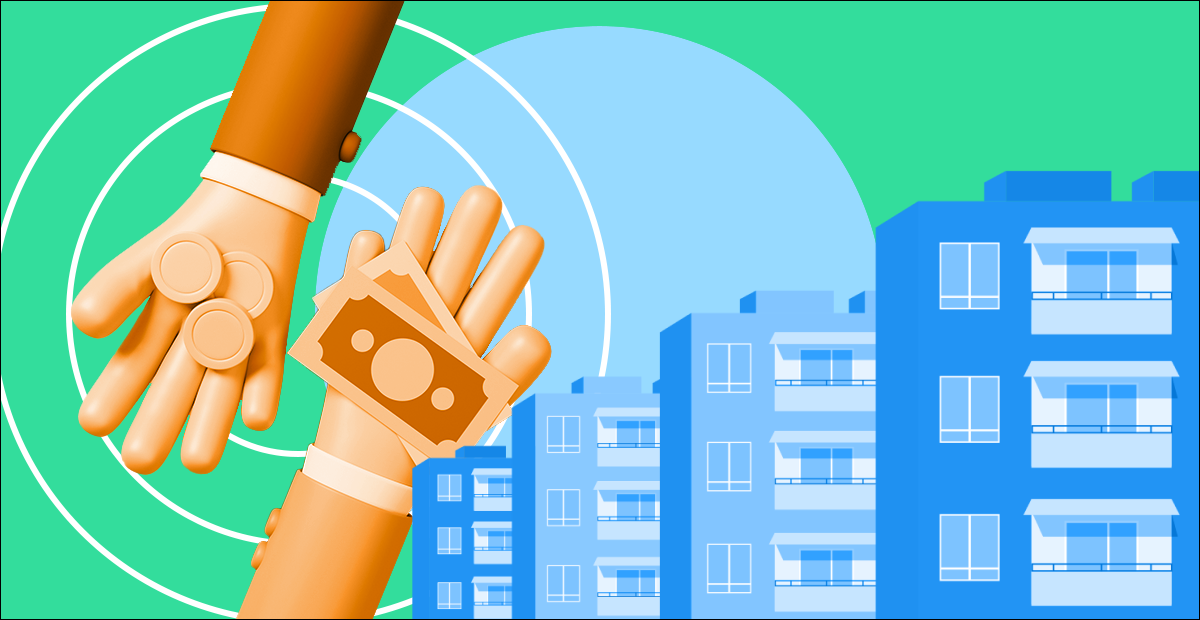
If you’re shopping around for your first home, one thing that you’ll definitely want to get right is your home loan.
That's because you’ll be servicing this loan for decades to come; bearing this in mind, it’s important to choose a loan that’s a good fit for you. In this article, we walk you through the different terms in a mortgage agreement, and decipher the jargon for you. Read on to find out more!
1. FHR
FHR refers to Fixed Deposit Home Rate. This is a form of Internal Board Rate (IBR), in which home loan interest rates are pegged to the bank’s Fixed Deposit rates. It is one of the more popular floating interest rate home loans in Singapore.
Unlike rates pegged to the Singapore Interbank Offered Rate (SIBOR), FHR rates are controlled by the bank – not by prevailing interest rates. This means that, while the bank can raise the rates at will, they are disinclined to do so as it means they need to pay out for their fixed deposits.
Read more: Home Loans: SIBOR Rate vs Fixed Deposit Home Rate (FHR) Loans
2. Lock-in period
Banks tend to offer borrowers special promotional rates for the first few years of their loan, and in order to cover their bases, they “lock in” borrowers. This means borrowers cannot refinance (switch to another bank) during the lock-in period without a penalty.
In most cases, the penalty is 1.5% of the outstanding loan (e.g. if you have $400,000 outstanding on the loan, the penalty will be roughly $6,000).
Lock-in rates are almost never worth paying, as they more than make up for any savings from a cheaper package. However, note that some borrowers specifically seek out lock-in packages.
This is because loan packages with lock-in rates can be cheaper than those without. So if you’re not planning to refinance during the lock-in period, it’s actually advantageous to you.
3. Partial Prepayment Penalty
Closely linked to the idea of the lock-in period is the partial prepayment penalty. This works pretty similarly to the lock-in: assuming you want to pay off part of your loan ahead of your time, you’ll incur a penalty of around 1.5% of the amount you’re pre-paying.
(Note that for HDB Concessionary Loans, there are no prepayment penalties).
Read more: How Much Can You Borrow For Your Home Loan?
4. Re-pricing Admin Fee
If you’re not sure what re-pricing is, it’s essentially when you talk to your bank and request to switch over to another loan package, following the expiry of your lock-in period.
Most banks will be happy to allow you to switch to a different loan package, with the caveat that you pay an admin fee. This admin fee generally runs from $200 to $800, so if you want to have the flexibility of adopting a new loan package, definitely take this into consideration.
Some loan packages come with one to two free re-pricing options.
5. Breakage Fee
Most bank loans in Singapore are pegged to the 3-month (Singapore Interbank Offered Rate), which means that interest rates charged to borrowers change every three months.
As such, borrowers who want to repay their loan partially or in full will have to do this on the 3-month mark, when the existing interest rate expires. If borrowers redeem their loan outside this 3-month expiry date, they’ll be liable to pay a breakage fee that generally hovers around 5% of the loan amount redeemed.
6. Cancellation Fee
The cancellation fee comes into play when a borrower cancels the loan before it is even disbursed. Seeing as it’s rare for borrowers to change their mind about a home loan immediately after signing on the dotted line, we hardly see cases of borrowers being slapped with cancellation fees.
This is typically 0.5% to 2% of the loan amount.
7. Legal Fee Subsidy Clawback
Last but not least, there’s the legal fee subsidy clawback. If a borrower chooses to move their loan within 3 years of refinancing it, they’ll incur this clawback. More specifically, the borrower will have to refund the legal fee subsidy (capped at $2,000 or thereabouts) that the bank previously forked out.
This article was originally published on 99.co.
Compare and apply for the best home loans on SingSaver
Buying your first home? Apply for a HSBC Home Loan through SingSaver and enjoy SIBOR rate at 0.50% p.a. or Fixed Rate of 2.32% for the first year!
Alternatively, compare the best low-interest home loans in Singapore through SingSaver to find the best one that fits your needs.
Read these next:
How Much Do You Need to Buy Your First Home in Singapore?
How to Minimise Your Home Loan Costs?
When to Use a Personal Loan for Home Renovations
5 Renovation Tips To Maximise The Value Of Your First Home
HDB Resale Market: 4 Key Predictions for 2019

By 99.co
Discover the best way to find houses, condominiums, apartments and HDBs for sale and rent in Singapore with 99.co, Singapore’s Fastest Growing Property Portal. 99.co is a property search engine with the overarching goal of building a more transparent and efficient property market. We are working towards that future by empowering people with the tools and information needed to find a place to live in the best way possible.
Similar articles
The When And How Of Refinancing Your Home Loan
Column: Why Do Banks Have Different Interest Rates?
SORA, Not SIBOR, Could Be The New Norm For Housing Loans In Singapore
What Singaporean Home Owners Must Understand About FHR Loans
Home Loans: SIBOR Rate vs Fixed Deposit Home Rate (FHR) Loans
When Should You Start Planning To Refinance Your Mortgage?
7 Types of Travelling Companions Who Are Bad for Your Wallet
Fixed vs Floating Home Loan Rates: Which One Is Suitable For You?








.png?width=280&name=Housing6%20Things%20First-time%20Home%20Buyers%20Must%20Know%20to%20Avoid%20Regrets%20(2).png)

